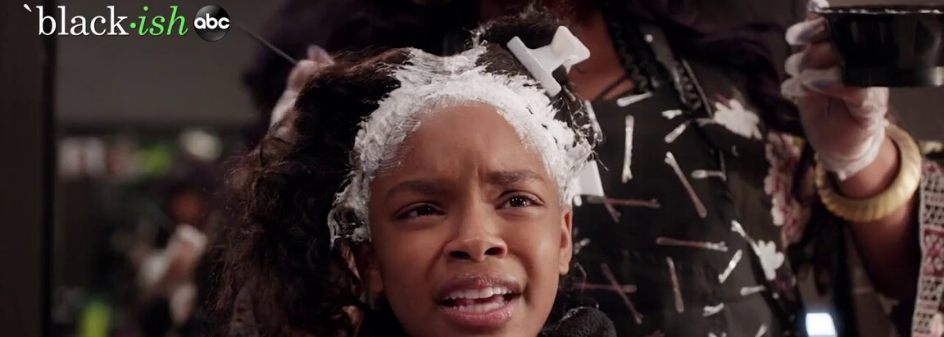Traditions can unite. From family wide customs to entire cultures, they can bond us. Existing on the scale of community, to the scale of country, they can inspire. Famously laced in institutions of valor and moral principles, down to household codes of conduct. They can offer a strong link to mindsets that share our history. They can help us understand the root of our actions. Despite those rich positives, they are a heavy anchor - on this huge ship of ever-evolving life - holding us in mental stagnation, while we desperately want to move forward. So, say it with me, traditions are mostly terrible.
Offended? You should be. But it’s not your fault you’ve put your trust in traditionalism. You’ve been a victim of the name game. Fell for an expertly crafted marketing strategy. This little buzzword allows you to pass down half-cocked, unfounded, best-guest protocol and outdated thinking, under the radar with pride. Tradition, is a perfectly branded word. It seems powerful, inspirational, sensitive, and mostly it presents as very harmless. Words you would hear most commonly associated with the word “tradition” are probably “heritage,” “customs” maybe even “belief.” These words again, arguably, not terrible words and definitely don’t come across as harmful to most. Here is another list of closely associated words in kind: habit - ritual - institutional - conditioning. That list probably causes a bit more pause in the harmless department of the brain, but still, all are basically interchangeable with the word tradition.
So what’s really so terrible about tradition. Traditions are little loopholes that are immune to time and change. And through some kind of inherent obligation or guilt they carry, they seem to be immune to scrutiny as well. If anything is immune to change and scrutiny, it then becomes a force for redundancy and a force against evolution.
Think now, of the “traditions” that inspired the phrases: “It’s always been this way” - “that’s just how it is” - “boys will be boys” - “coloreds not allowed” - “make America great again” - all phrases tied to the want not to question the way something is, and the suggestion not to try to change it. That aside, tradition normally means some protocol created before you were even hear and without your input entirely. Some action that was deemed “important” “highly relevant” “necessary for all to know” “the correct way” “how it should be done” by someone who had no knowledge of you individually. Even with the best intentions, creating a system, with the hopes of it not changing, has dangers.
For those of you that see cultural traditions as a direct link to our heritage, this is not to imply dishonoring our ancestors (because their struggle was so far beyond what I can phantom and I understand the importance to having that link) but quite the opposite. We should see the underlying current in the reasons behind creating some traditions as a hope to make our way easier. Then we can shift to what’s necessary, in this social climate and still honor our ancestors with things like, attentive mental health habits or better standards for emotional maturity, and not break the spirit of those traditions. My hope is to not think of a tradition as a rule book or a program to follow to the letter, but more a theme, then the focus and implementation can be ever in flux. Don’t get lost in repetition, and let closed-mindedness and routine become our traditions. Passing down who we are is essentially what tradition is all about. We have to assume that those who came before us wanted us to know ourselves, and we can use that theme of introspection to apply what works best for our own lives. Tradition, at its heart, is also about survival, and doing away with routines is a great way to make sure our descendants are free to keep evolving. Because if we don’t change the way we look at traditions, they will continue to keep us from changing, and change is good.





1 comment
suVAxCNgw